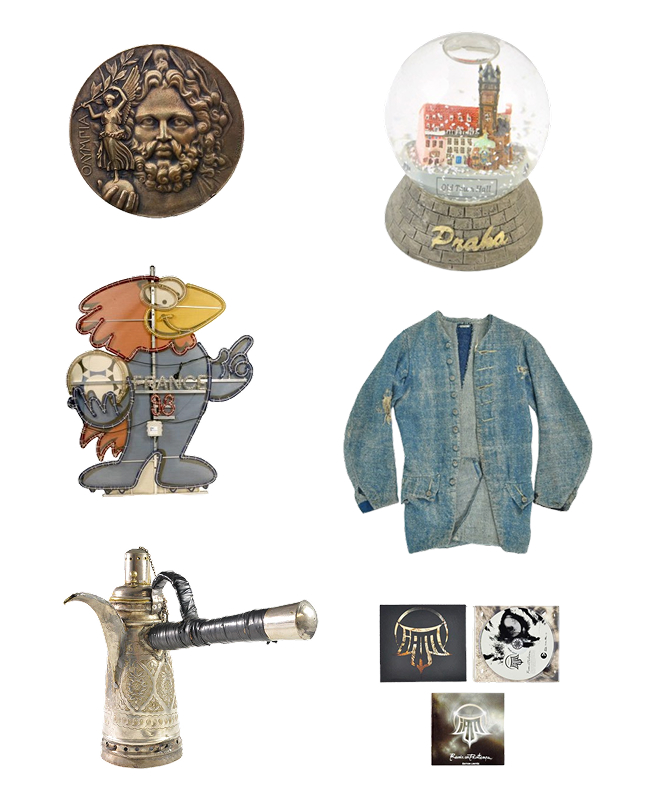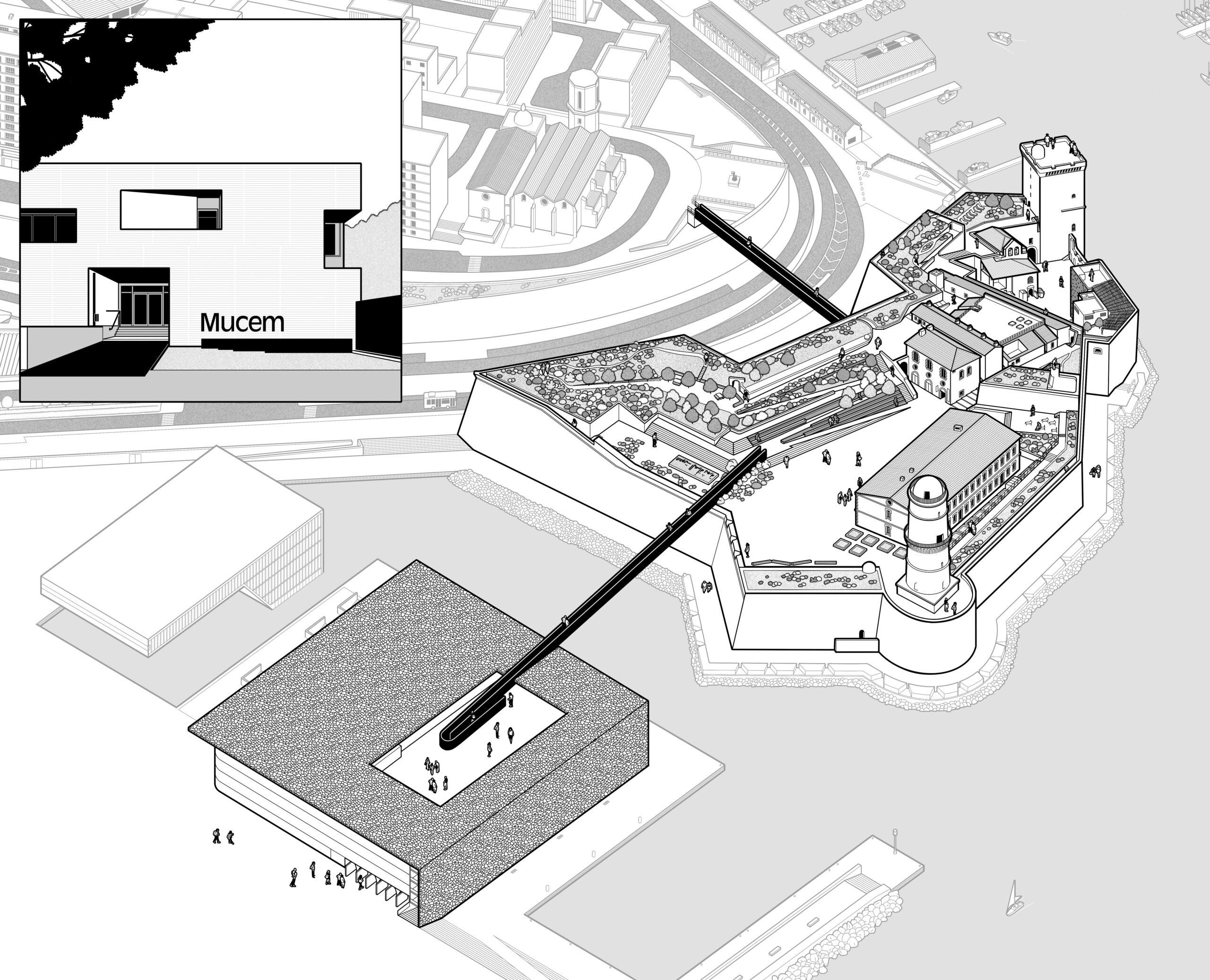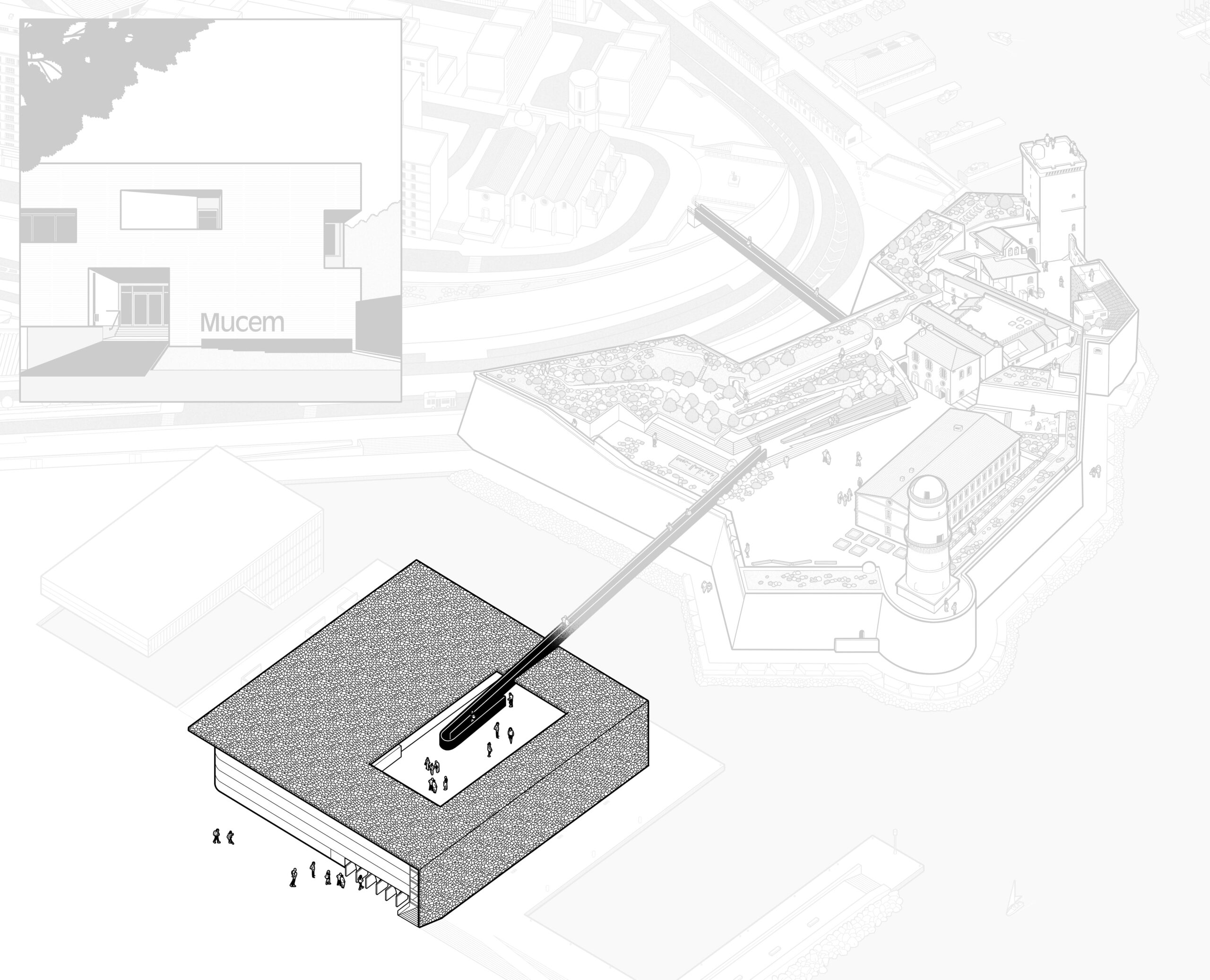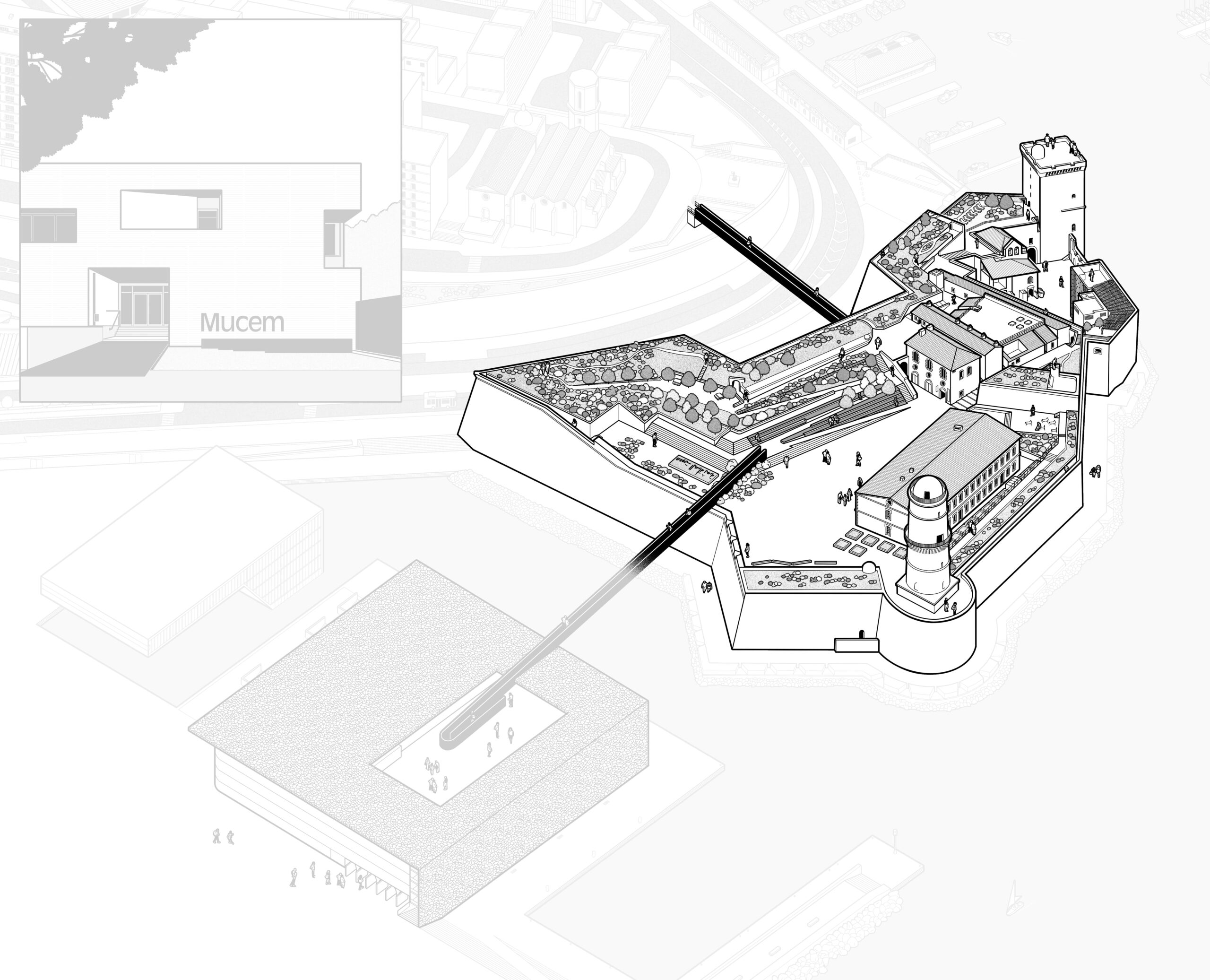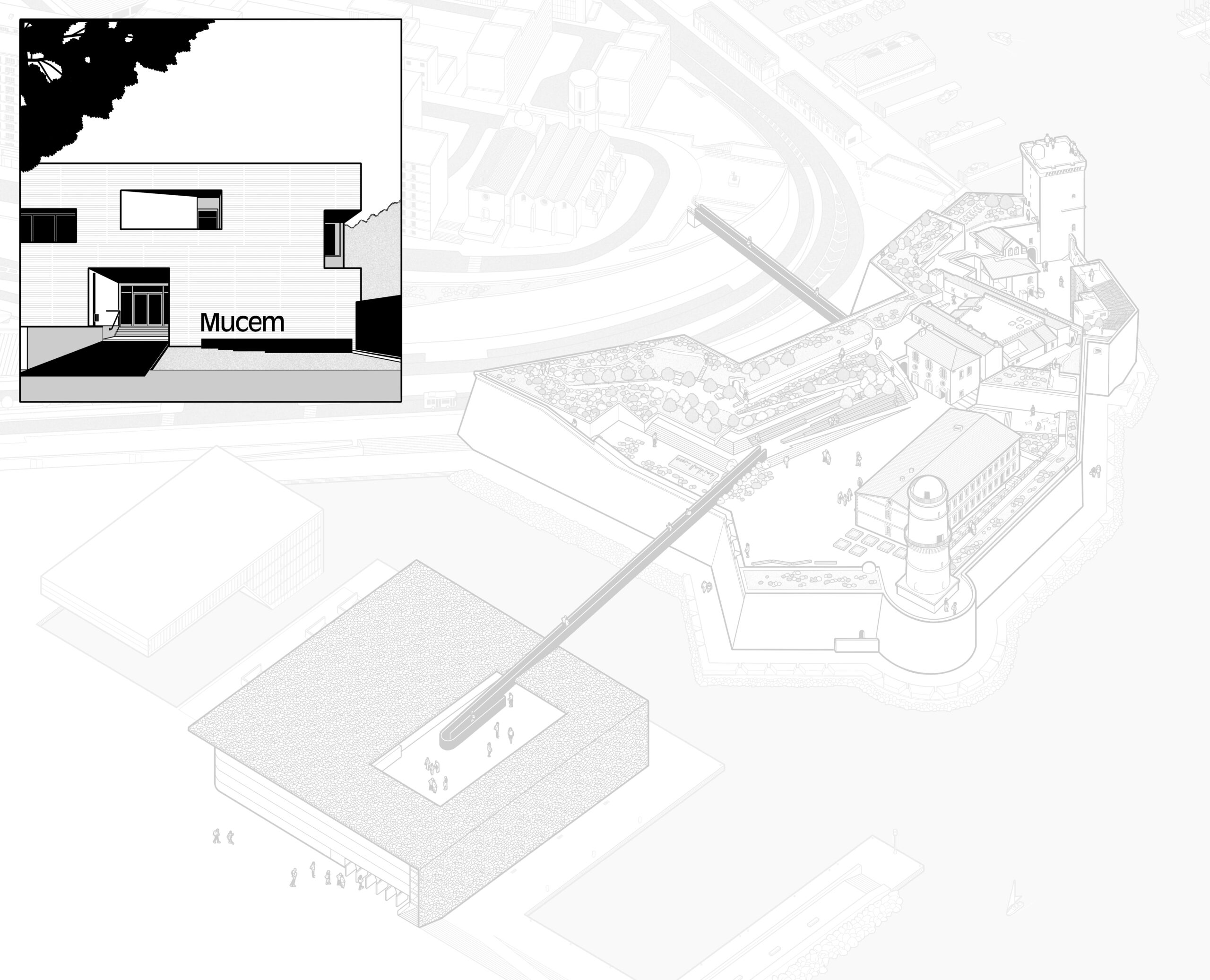Fermé aujourd’hui
10h—20h
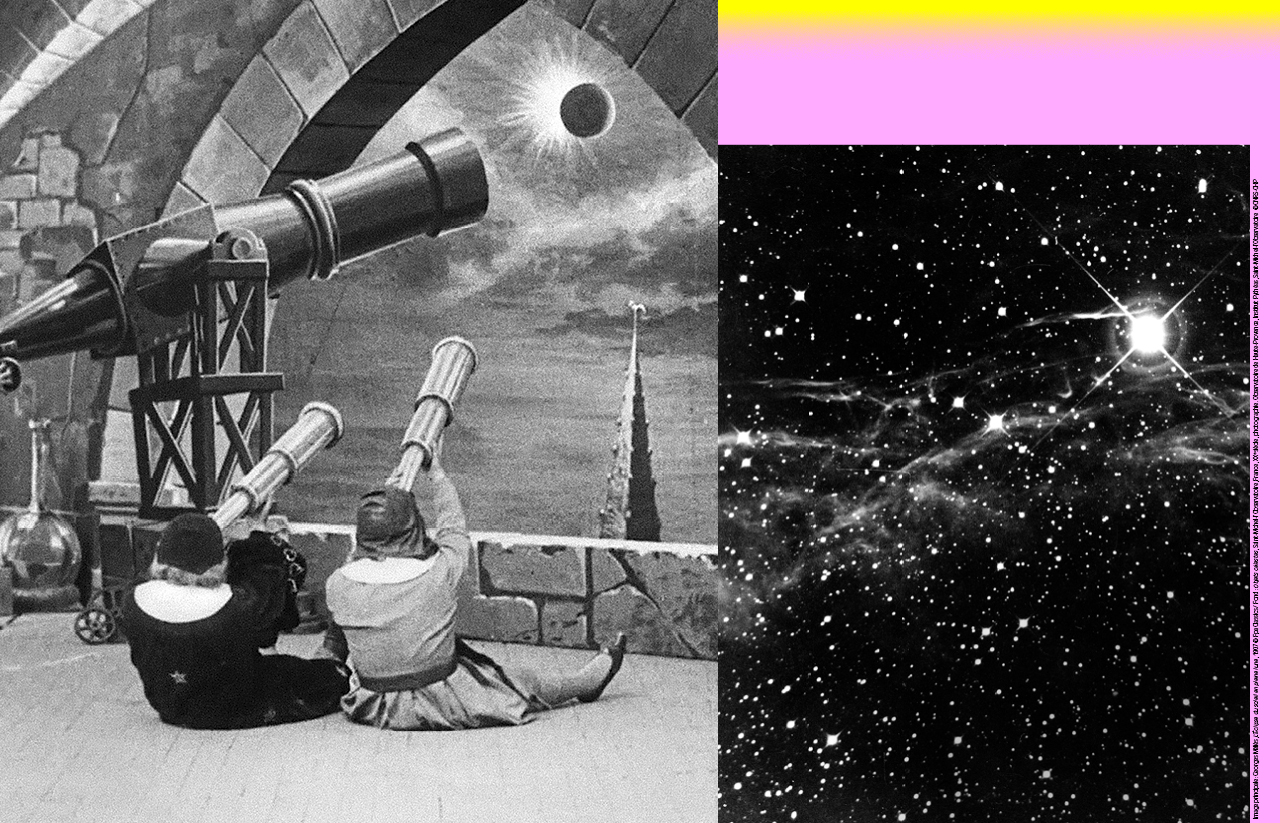
Exposition à la une
Lire le ciel
Sous les étoiles en Méditerranée
Du mercredi 9 juillet 2025 au lundi 5 janvier 2026
Expositions
Voir toutes les expositions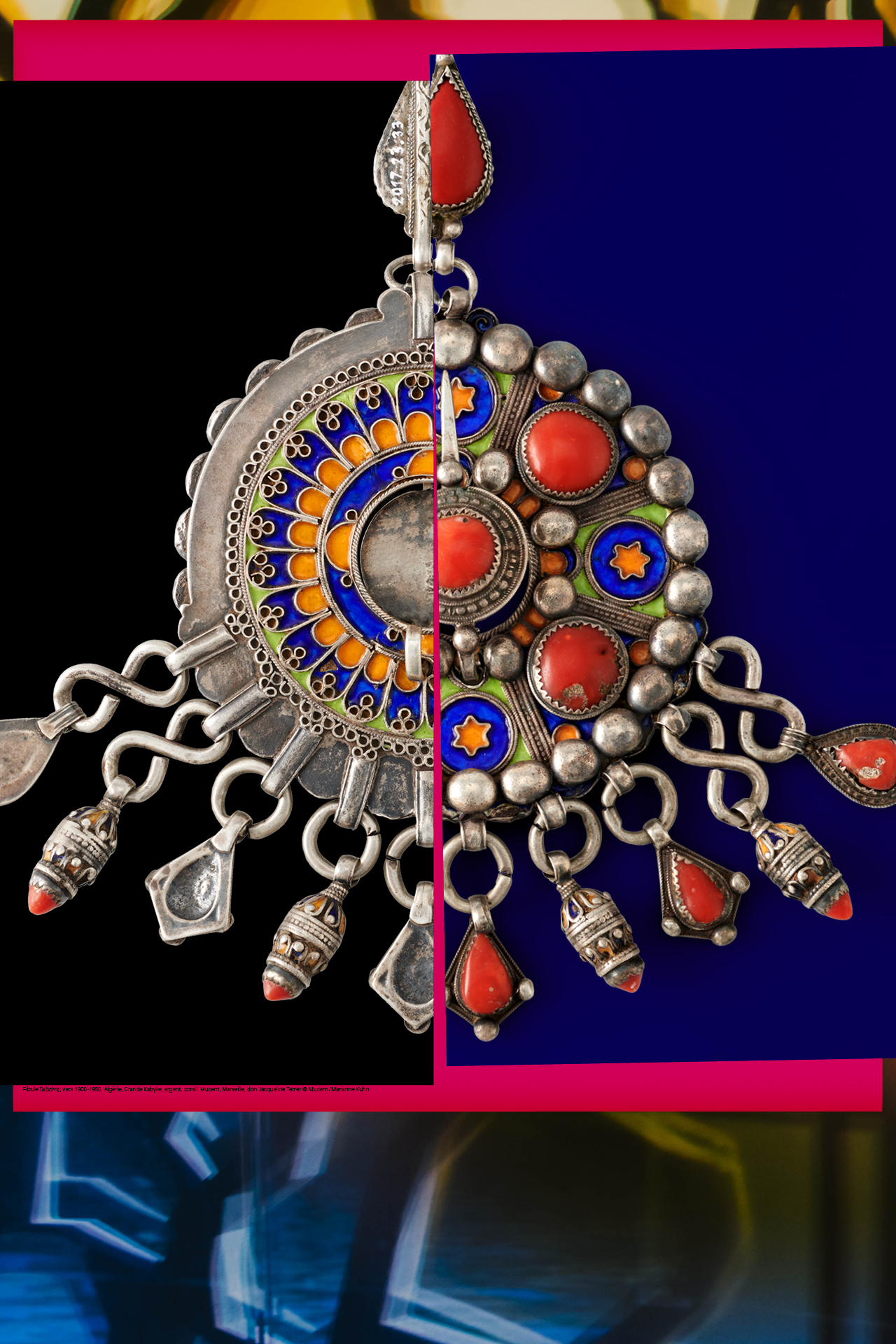
Du mercredi 30 avril 2025 au dimanche 2 novembre 2025
Amazighes
Cycles, parures, motifs
Découvrir
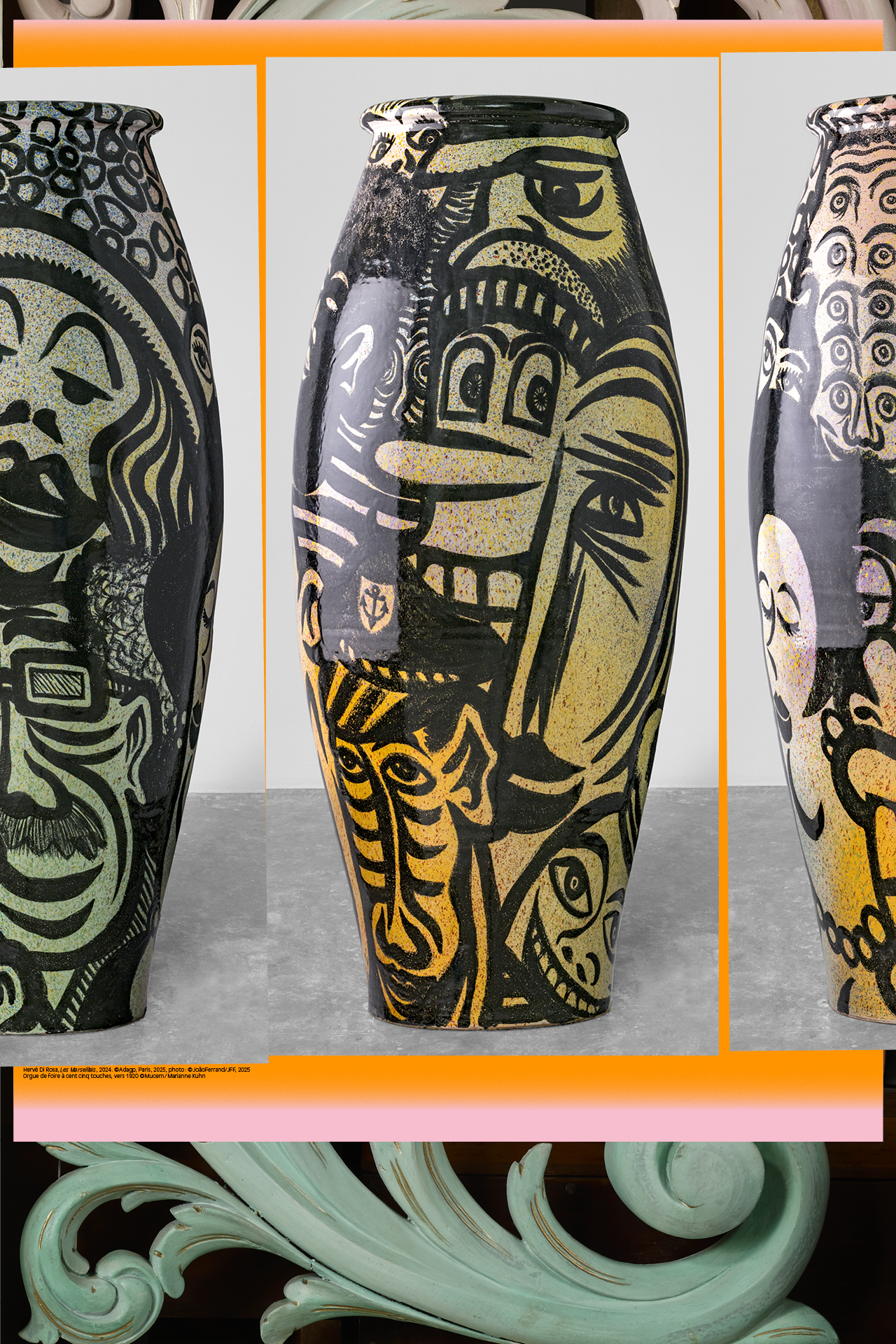
Du mercredi 12 mars 2025 au lundi 1 septembre 2025
Hervé Di Rosa
Un air de famille
Découvrir
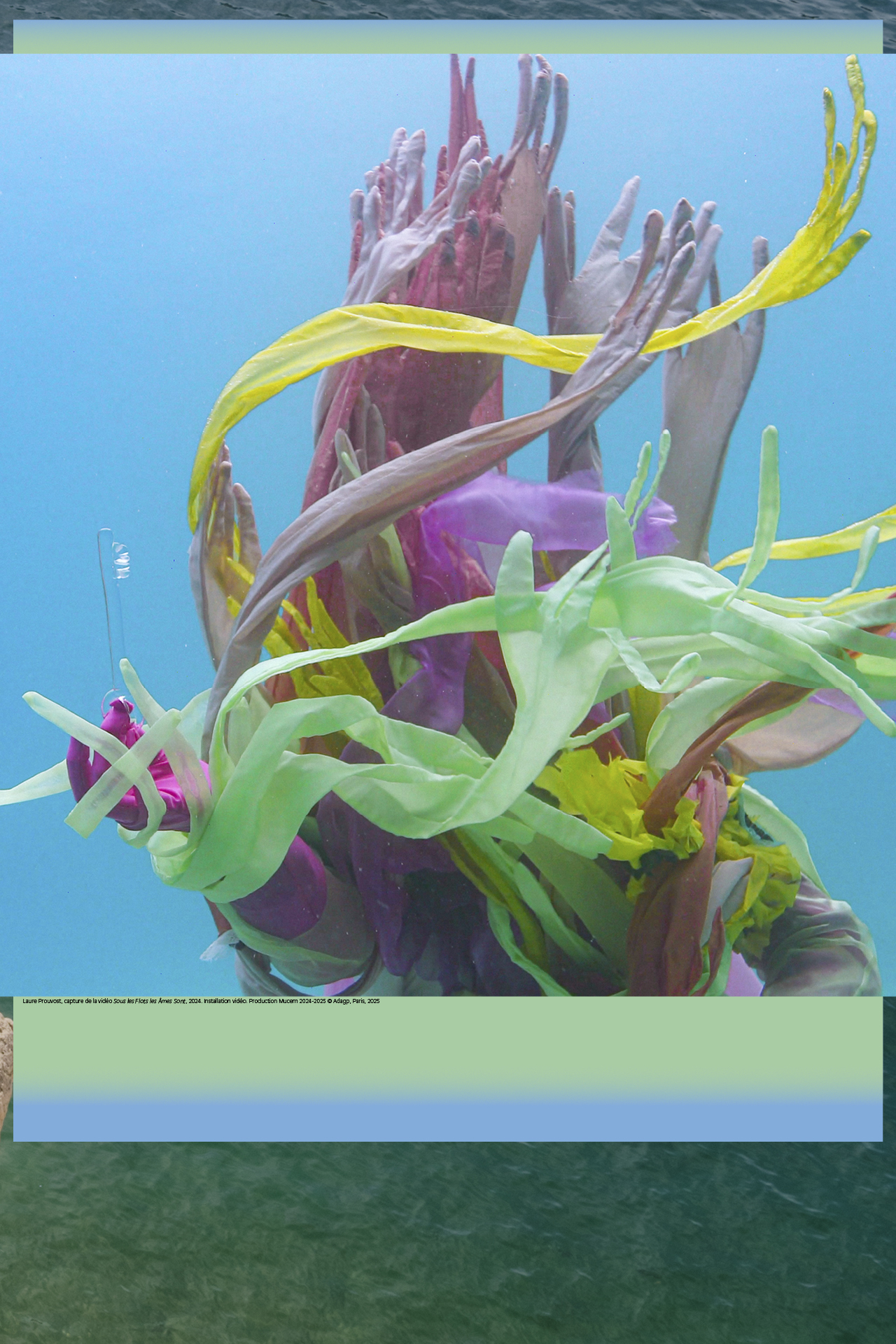
Du mercredi 2 avril 2025 au dimanche 28 septembre 2025
Laure Prouvost
Au fort, les âmes sont
Découvrir
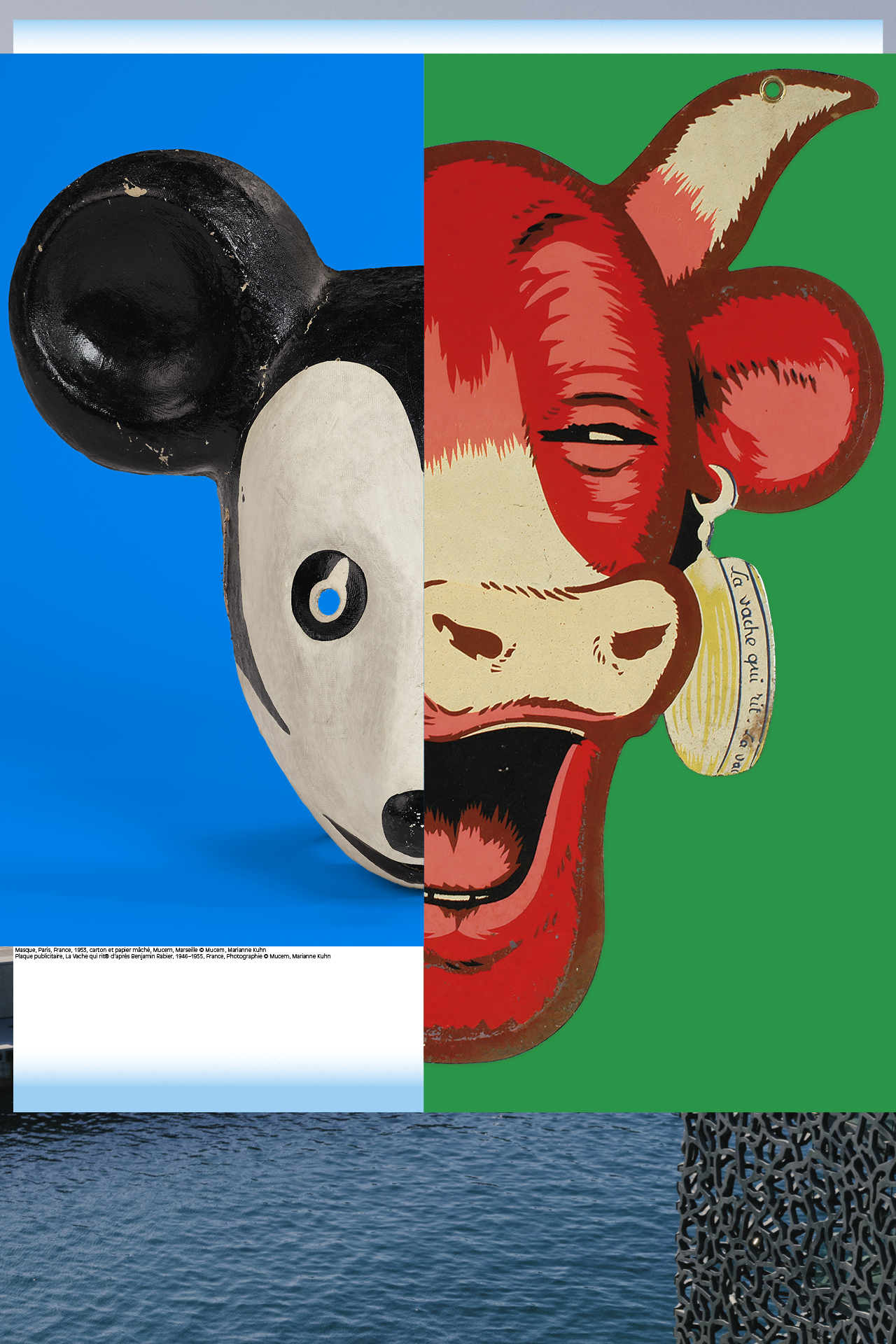
Exposition permanente
Populaire ?
Les trésors des collections du Mucem
Découvrir
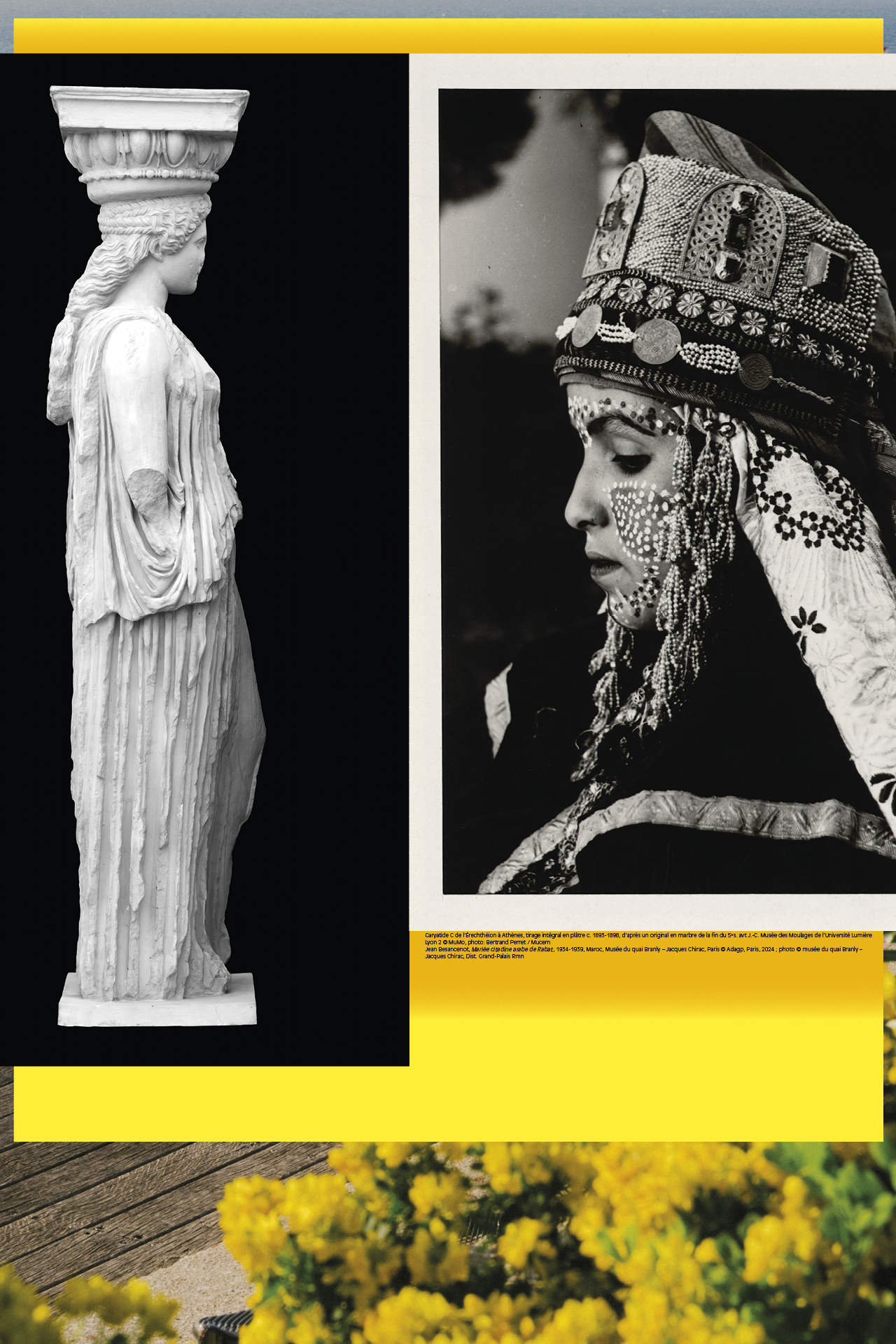
Exposition permanente
Méditerranées
Épisode 1 : Inventions et représentations
Découvrir
Prochains Évènements
Voir tout l'agenda
Le château dans le ciel
Un film de Hayao Miyazaki, 2h04, 2003
Le mercredi 23 juil. 2025
à 21h30
Fort Saint-Jean / Place d'Armes

Observations du soleil avec ANDROMEDE
Le mercredi 23 juil. 2025 et le mercredi 30 juil. 2025
à 19h
Fort Saint-Jean / Place d'Armes
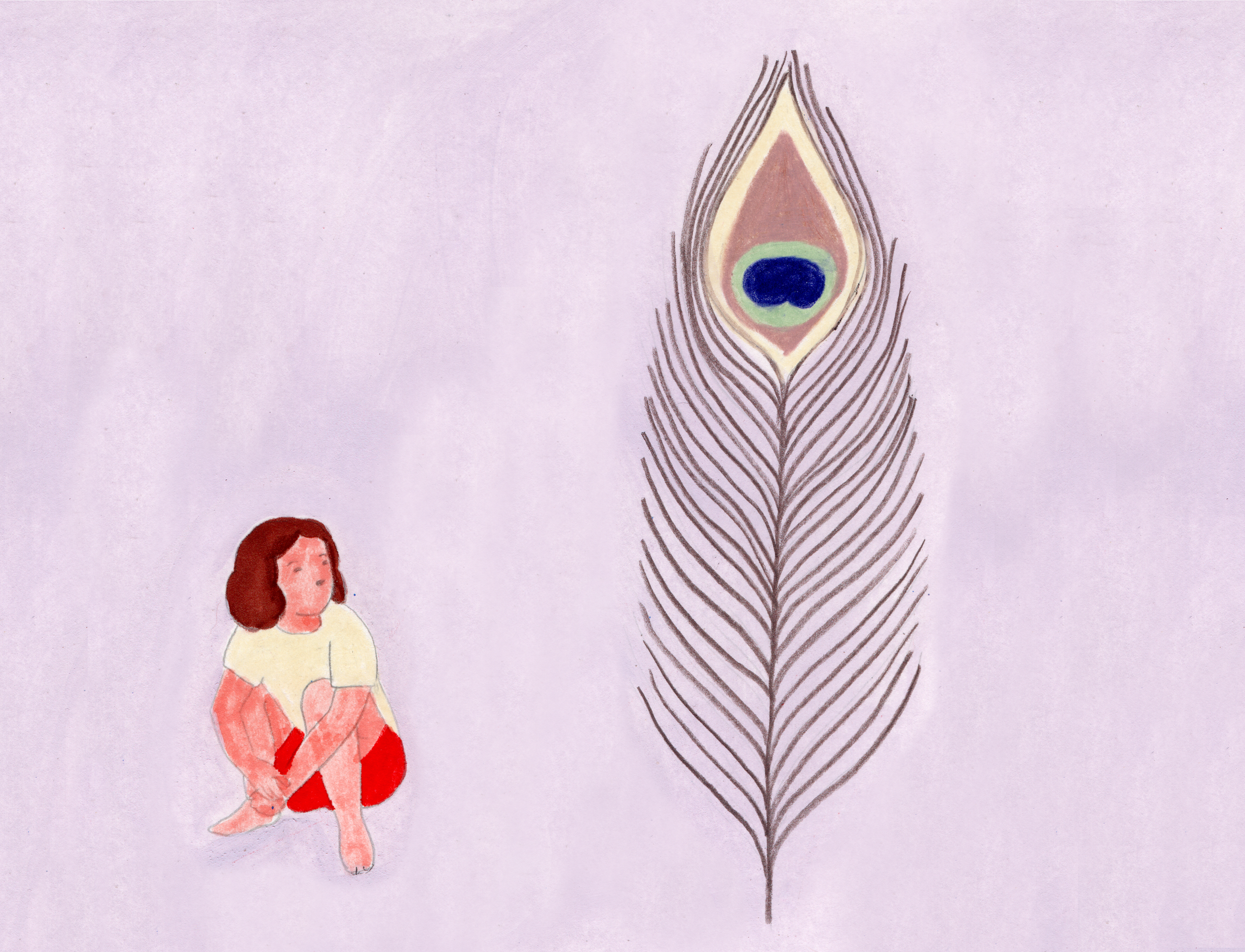
Un objet, une histoire
Jusqu'au mercredi 27 août 2025
à 16h30
J4
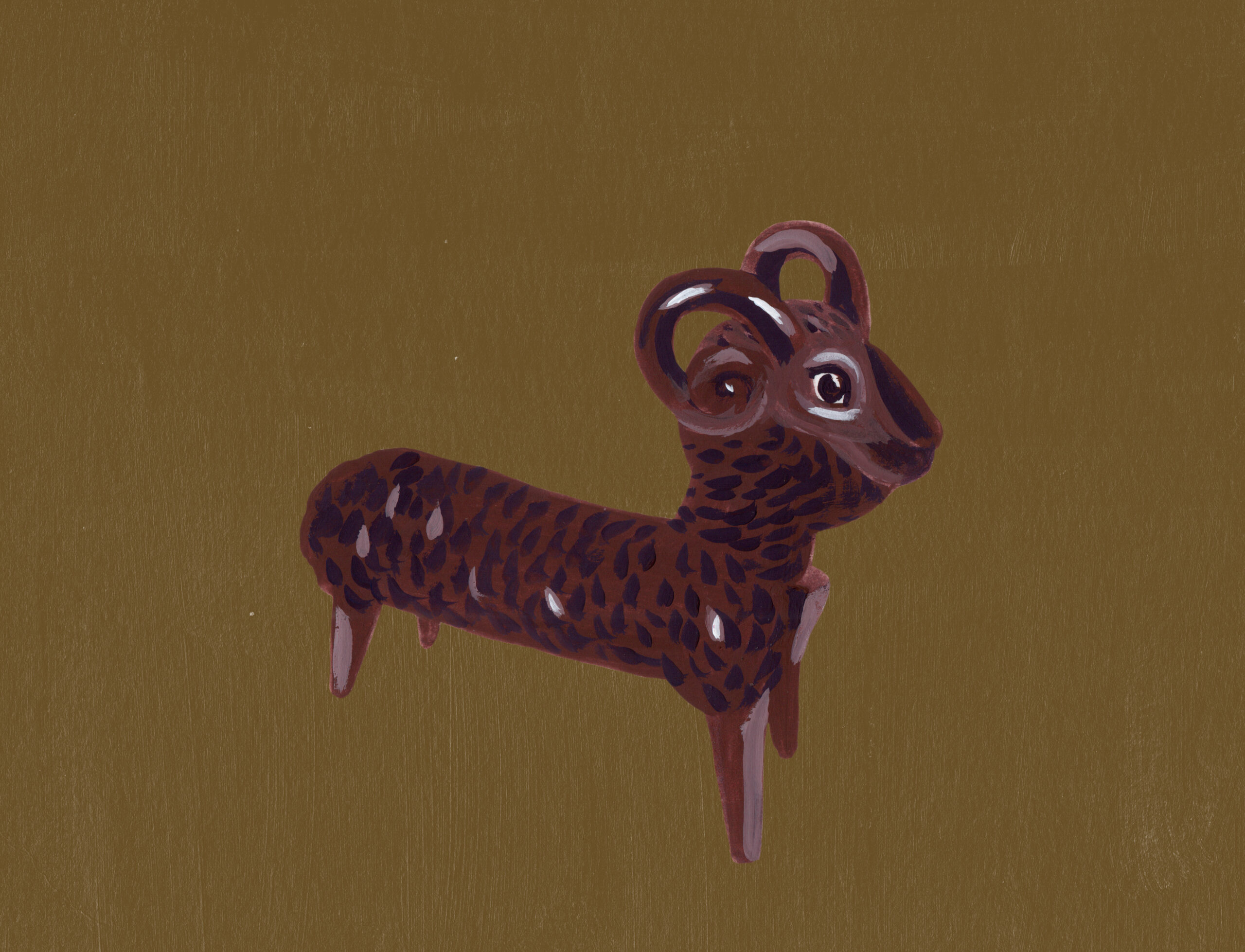
Baby populaire
Jusqu'au dimanche 14 sept. 2025
à 10h30
J4
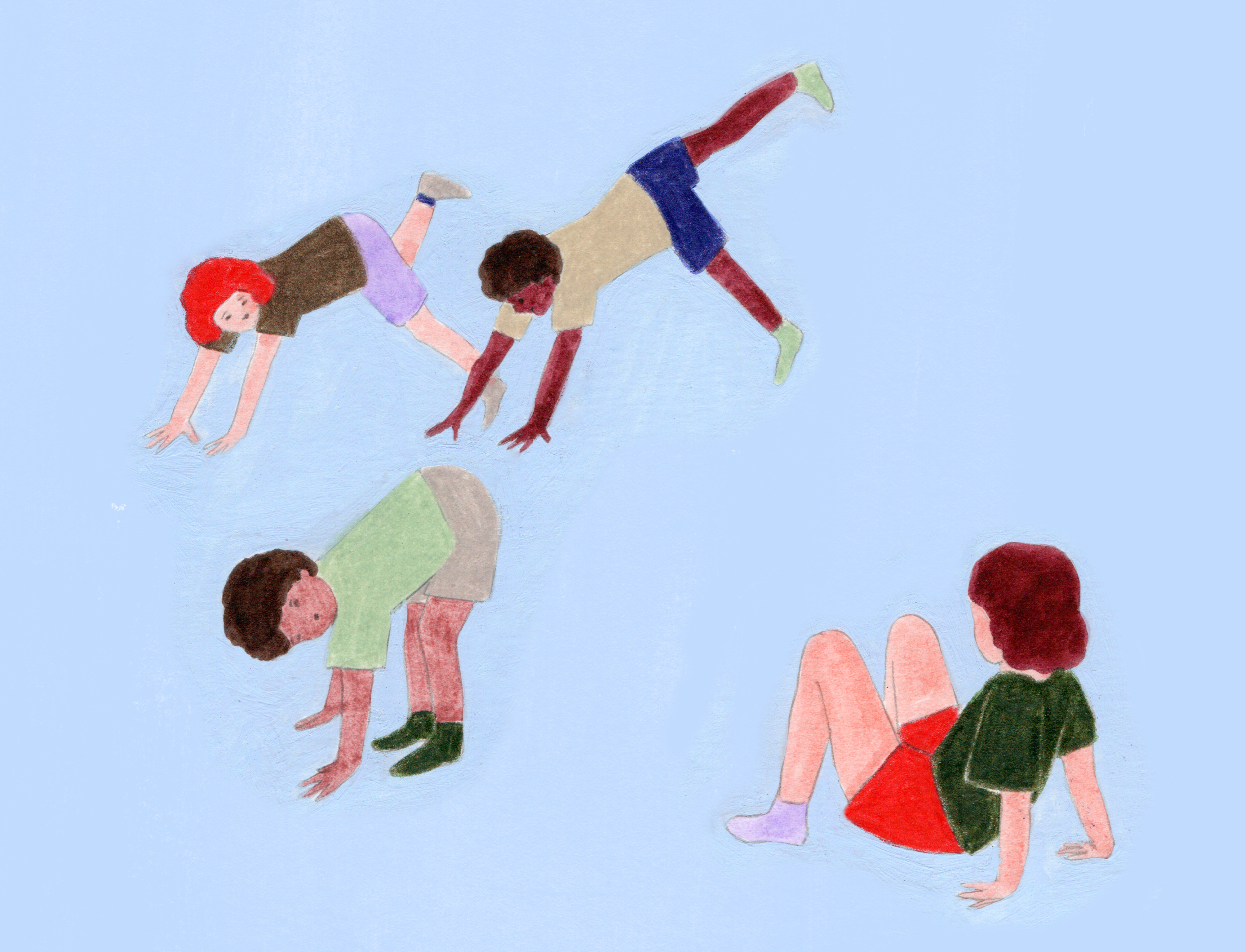
Chien tête en bas
Jusqu'au vendredi 29 août 2025
à 16h30
J4
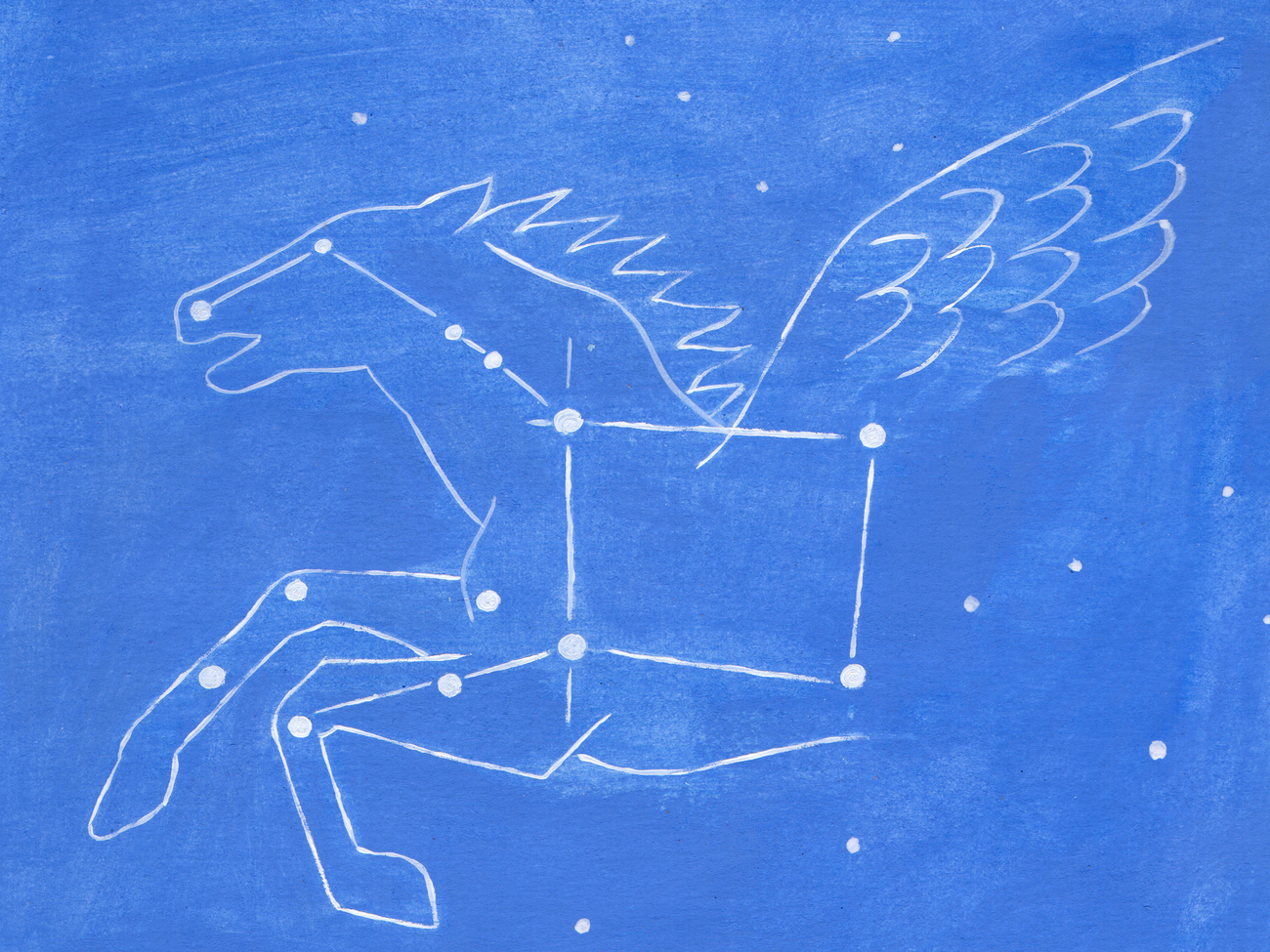
Des étoiles plein les yeux
Jusqu'au samedi 27 sept. 2025
Horaires multiples
J4
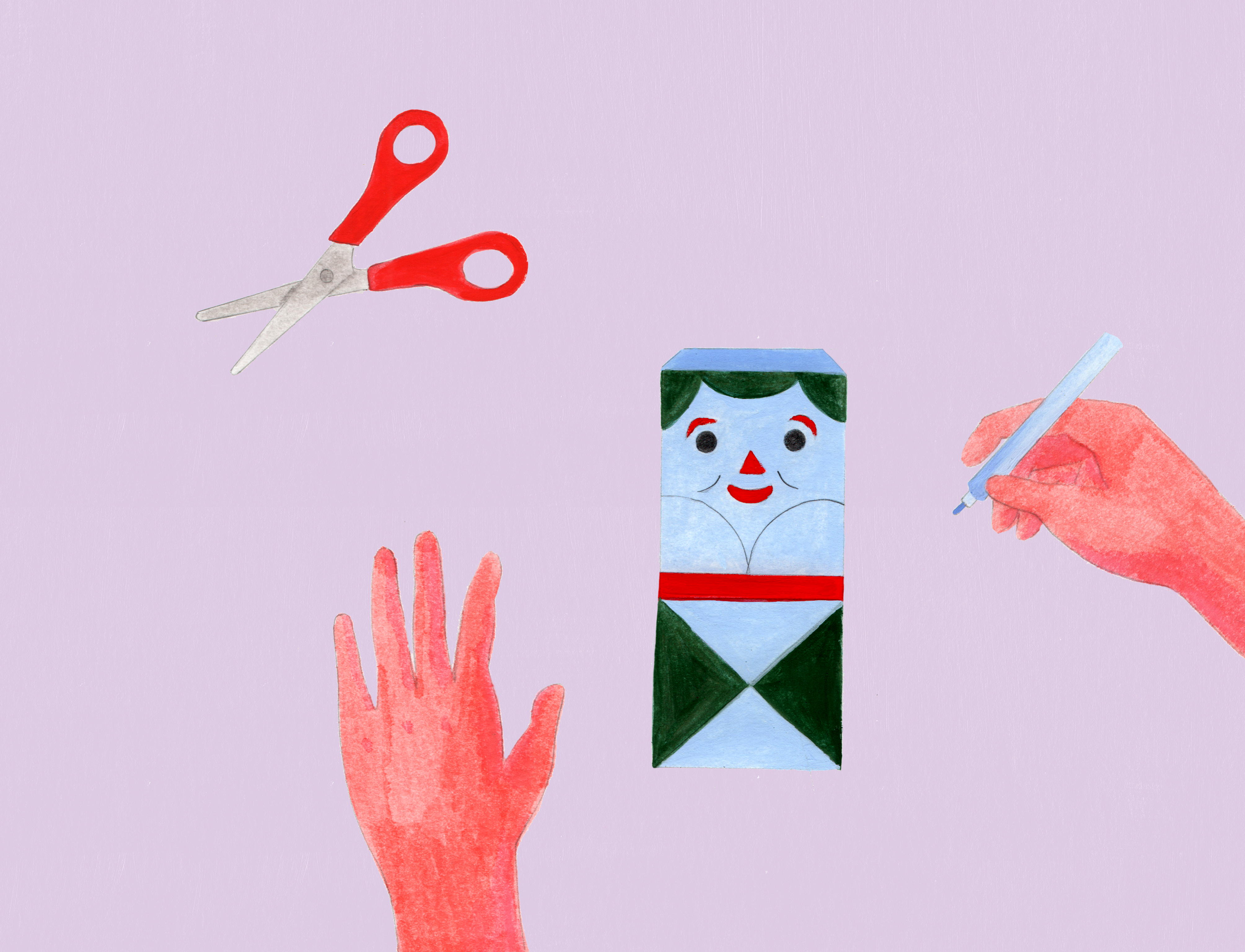
Tout art
Jusqu'au dimanche 24 août 2025
à 16h30
J4
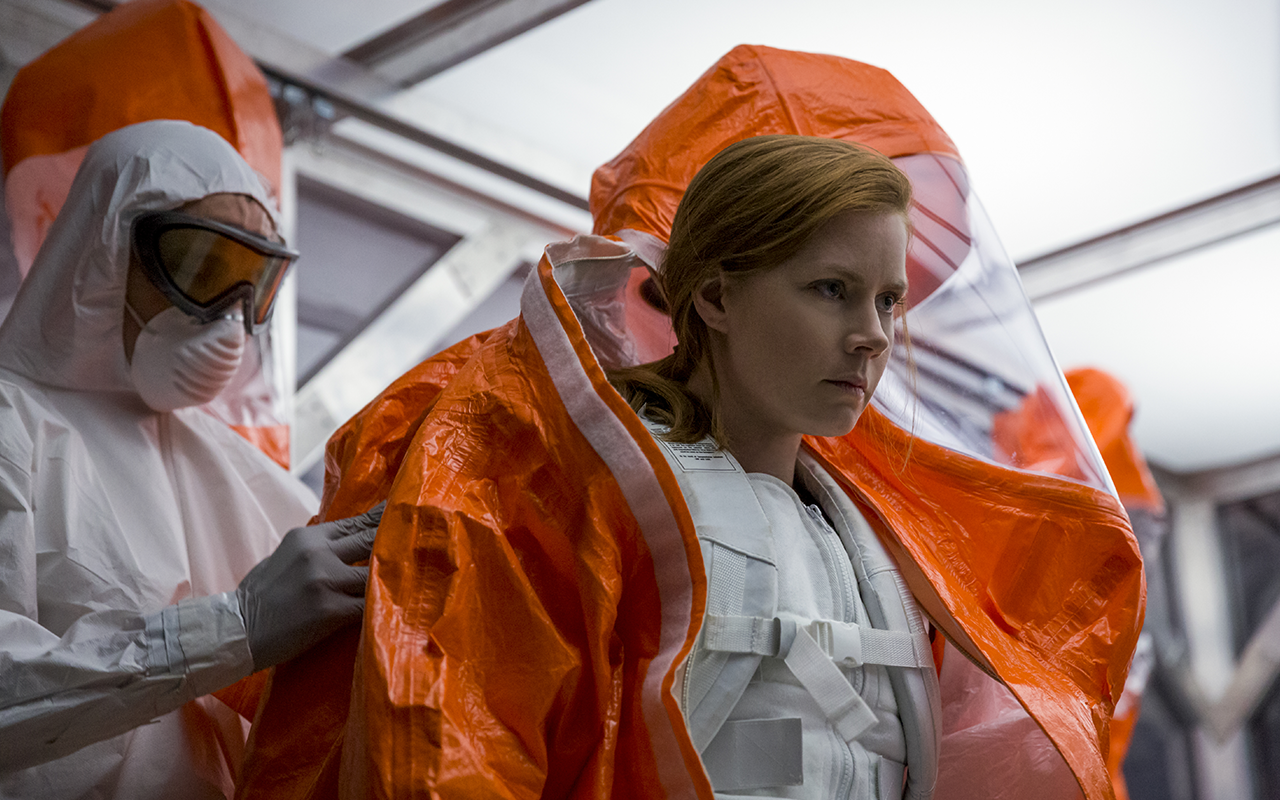
Premier Contact
Un film de Denis Villeneuve, 2016, 1h56
Le mercredi 30 juil. 2025
à 21h30
Fort Saint-Jean / Place d'Armes, Casemate & J4 / Auditorium
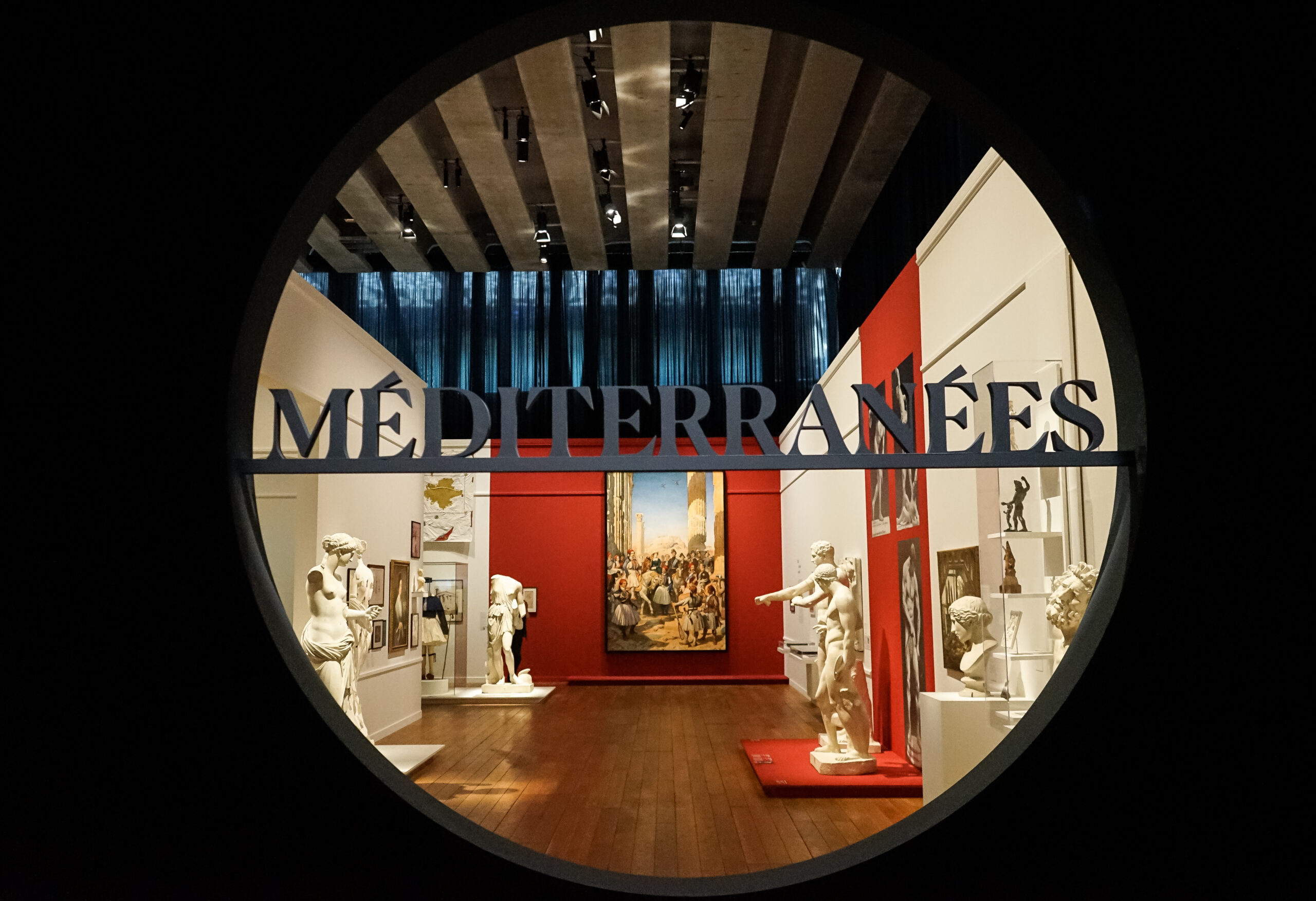
Visite guidée avec découverte d'un parcours tactile de l'exposition « Méditerranées »
Episode 1 : inventions et représentations
Le samedi 26 oct. 2024 et le samedi 2 août 2025
à 11h
J4
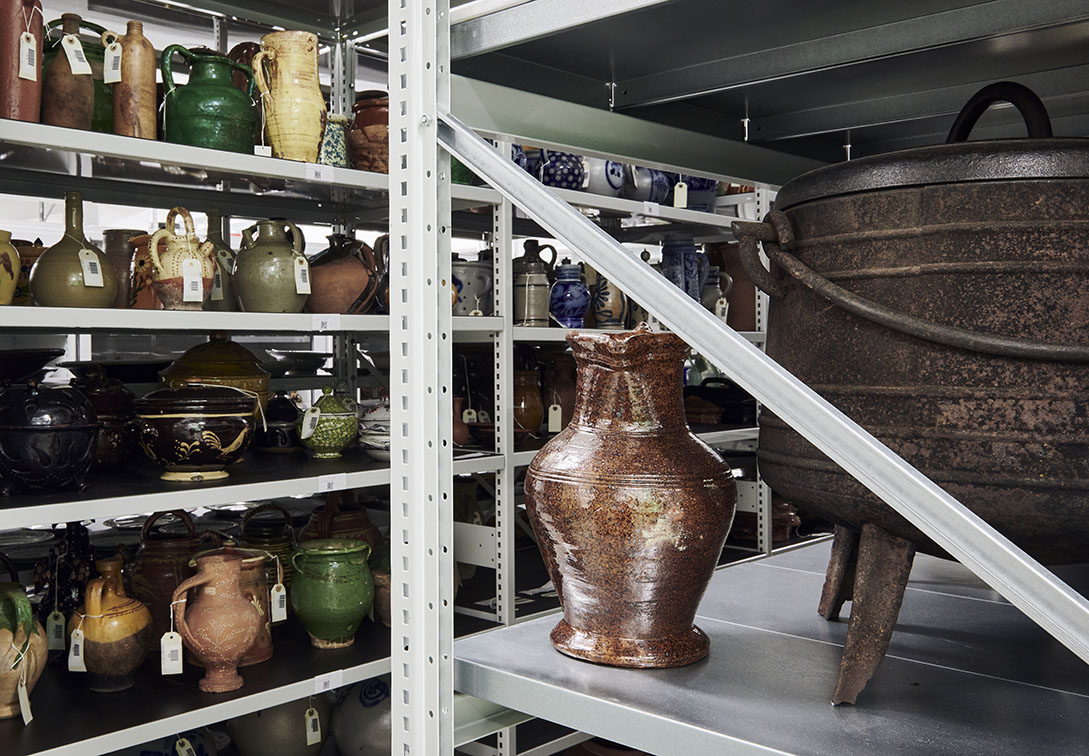
Visite des réserves du Mucem
Jusqu'au mardi 2 déc. 2025
Horaires multiples
Fort Saint-Jean
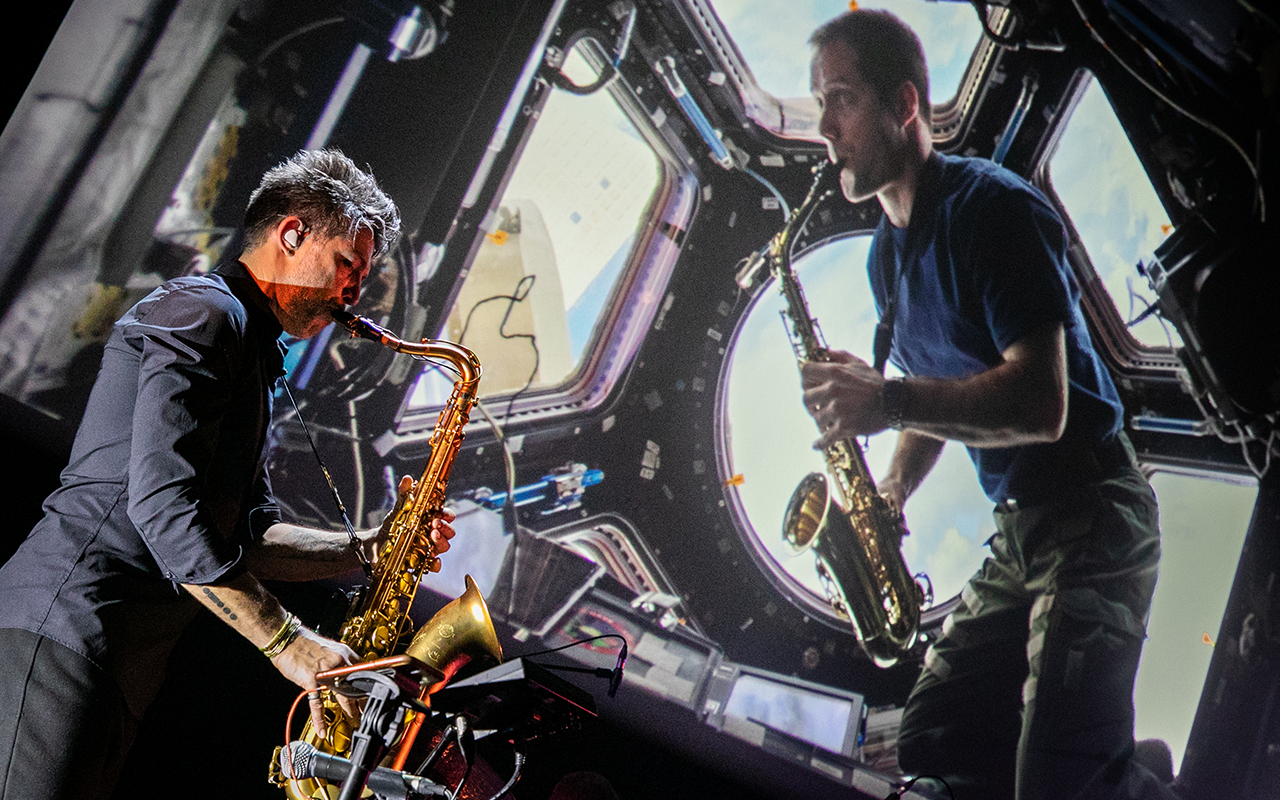
16 levers de soleil
Sous les étoiles
Le mercredi 6 août 2025
à 21h30
Fort Saint-Jean / Place d'Armes

Bonnie Banane et Mystique
Sous les étoiles
Le jeudi 7 août 2025
à 21h30
Fort Saint-Jean / Place d'Armes
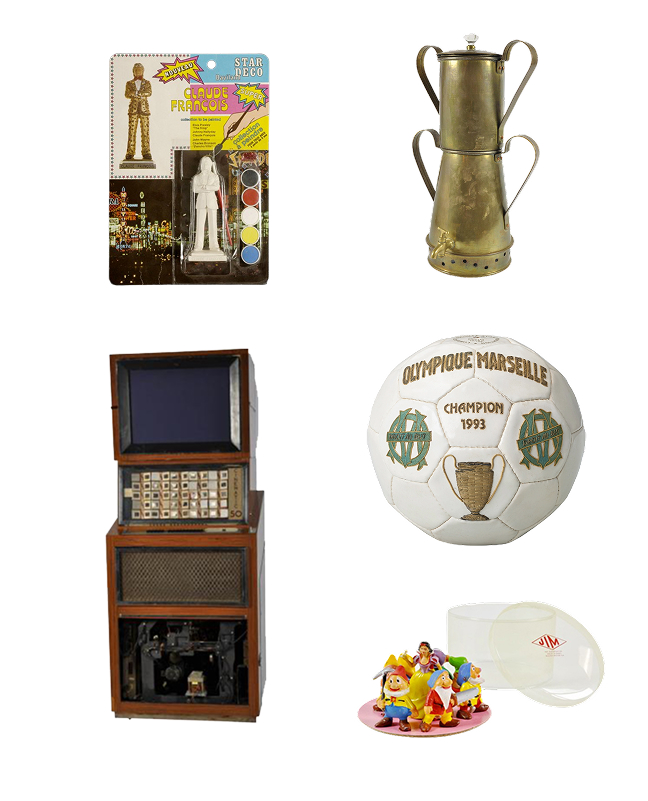
Les collections du Mucem
Héritier du musée d’Ethnographie du Trocadéro et du musée national des Arts et traditions populaires, le Mucem oriente depuis 2005 la politique d’enrichissement de ses collections et fonds ethnographiques vers l’Europe et la Méditerranée.
